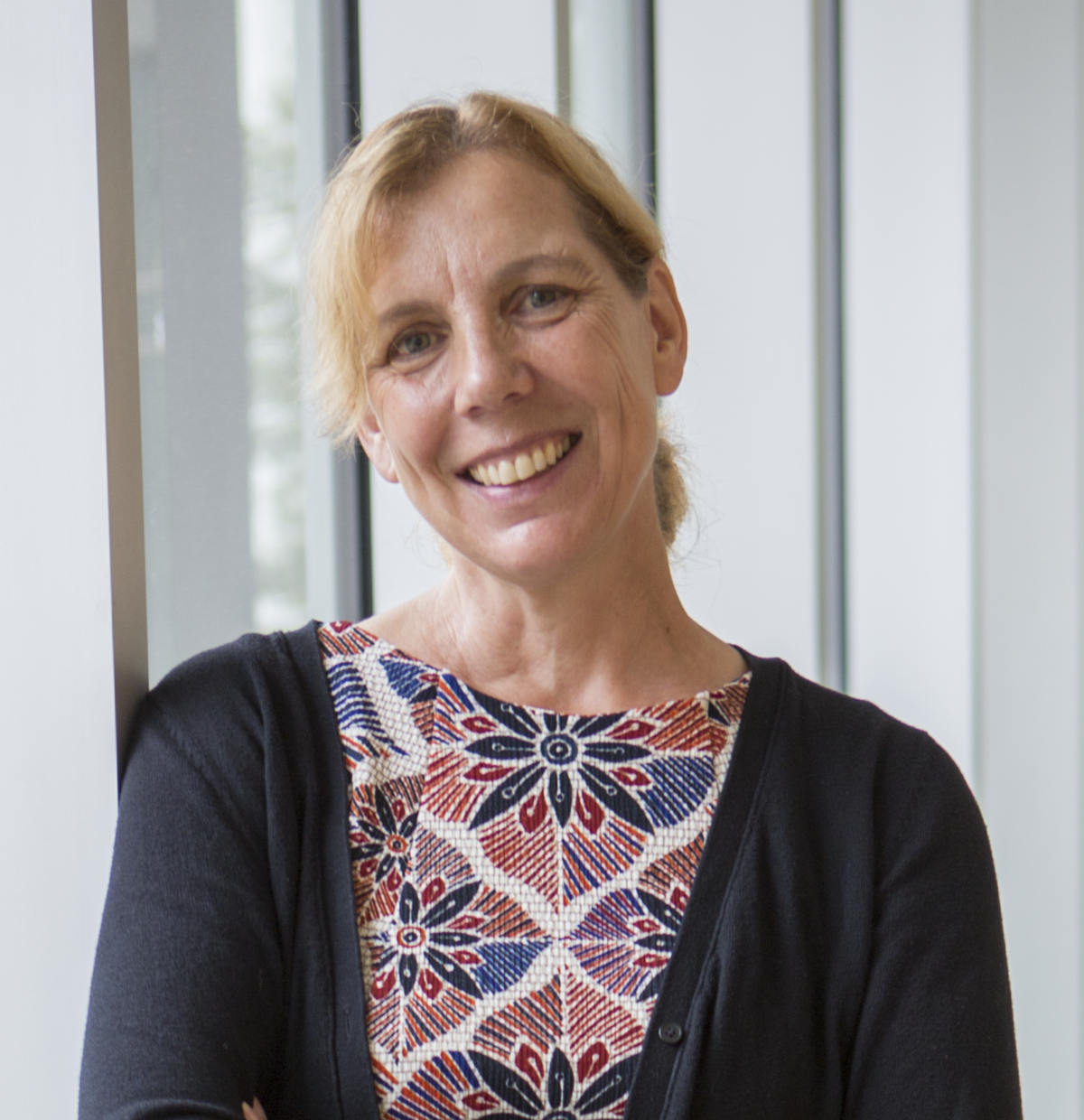Uplifting Nova Scotia's youth: Building healthy foundations for students
October 2, 2024
Five years after Dalhousie researchers launched a groundbreaking partnership to build healthy school communities, Nova Scotia has recognized the project’s value and is funding nine new positions to enhance student engagement.
Nova Scotia Health will finance eight permanent Youth Engagement Coordinator Positions and one provincial role. These positions will support learners, schools, and communities to improve student health, learning, and leadership across Nova Scotia.
UpLift is approaching the end of its six year-mandate. The knowledge-mobilization project harnessed $8 million of funding from the Public Health Agency of Canada and private sector donations through Dalhousie University’s Office of Advancement and the QEII Foundation.
Now, the partnership’s impact will endure as the Youth Engagement Coordinators continue to further UpLift’s mission in schools.
The UpLift Partnership is a school-community university collaboration that supports the health and learning of school-aged children using a Health Promoting Schools approach. The project hired youth Engagement Coordinators within six school regions and worked with student action teams to create change in their school communities to promote health.
Student teams received $5000 to create and deliver projects that promote healthy, vibrant, caring and connected school communities. UpLift, which builds on principles outlined in the province’s Health Promoting Schools model, instills the foundations of healthy living in children, to prevent and reduce the incidence of chronic diseases such as obesity, diabetes, and heart disease.
Supported by UpLift funding, students across Nova Scotia created outdoor classrooms, play areas, a tranquility garden, smoothie bars, a salad bar, and an indoor/outdoor garden, as well as added play equipment and bought bikes, among their 165 projects, reaching more than 54,000 students.
By empowering students to make changes in their schools and communities, UpLift has fostered teamwork, leadership, and advocacy skills, as well as creating lifelong healthy habits for better health.
“Creating healthier environments for children is a huge passion of mine,” says Dr. Sara Kirk, a professor of Health Promotion at Dalhousie and the co-lead of UpLift.
“It’s about giving young people agency in thinking about how their school should be, and really understanding the principles and values of a healthy school community.”
Healthy schools improve learning
Dr. Kirk and her colleagues based UpLift on more than 15 years of research (including her own), which demonstrates that health-promoting environments in schools help students concentrate more and learn better.
For example, some of Dr. Kirk’s earlier research assessed the academic performances of students in grades 4-6 at 18 Nova Scotia schools. Students with unhealthy lifestyles were more likely to have poor academic performance in English and Math, compared to students with healthy lifestyles, she and her colleagues found. They looked at diet quality, physical activity, sugar-sweetened beverage consumption, breakfast skipping, not being physically active at morning recess, and not being physically active after school – all examples of issues the students’ UpLift projects addressed.
A safe and healthy future
Healthy school environments also deliver long-term outcomes as children grow, says Dr. Kirk, although she would need further research funding to follow the children participating in these UpLift projects over the long-term.
The new positions are an example of the sustainability researchers often hope their projects will achieve, once their research demonstrates the value of applying the knowledge they generate.
“Over the past six years, we’ve made significant progress in advancing Health Promoting Schools across the province,” says Dr. Kirk.
“With the continued funding for these positions, we are investing in the well-being of our students, and laying the groundwork for healthier communities.”
Dr. Kirk and Dr. Camille Hancock Friesen, a pediatric cardiac surgeon at the University of Nebraska and the other lead in the UpLift Partnership, launched it in 2018. UpLift received funding from the Public Health Agency of Canada, the Dalhousie Medical Research Foundation (now merged with the Faculty of Medicine), the QEII Foundation, and the Aberdeen Health Foundation.
Although UpLift’s long-term health benefits for the children participating in the project will take years to realize, the short-term benefits are evident quickly, Cameron Ure, one of the current Youth Engagement Coordinators, says in a video UpLift made to report its results.
“We’ve had kids coming into the UpLift program feeling a little bit of hesitancy and maybe not necessarily identifying as a leader, and just within the two months’ of going through the project … they’ve totally shifted that mindset, and they are seeing themselves as leaders and change-makers in their school, which is huge for such a short period of time.”
One student at New Glasgow Academy captured that same sentiment when asked what she liked about working on the UpLift project she participated in.
“My favourite part of working on my UpLift project was the friends I made and the pride I felt about how I was able to be in a safe environment,” she said.

